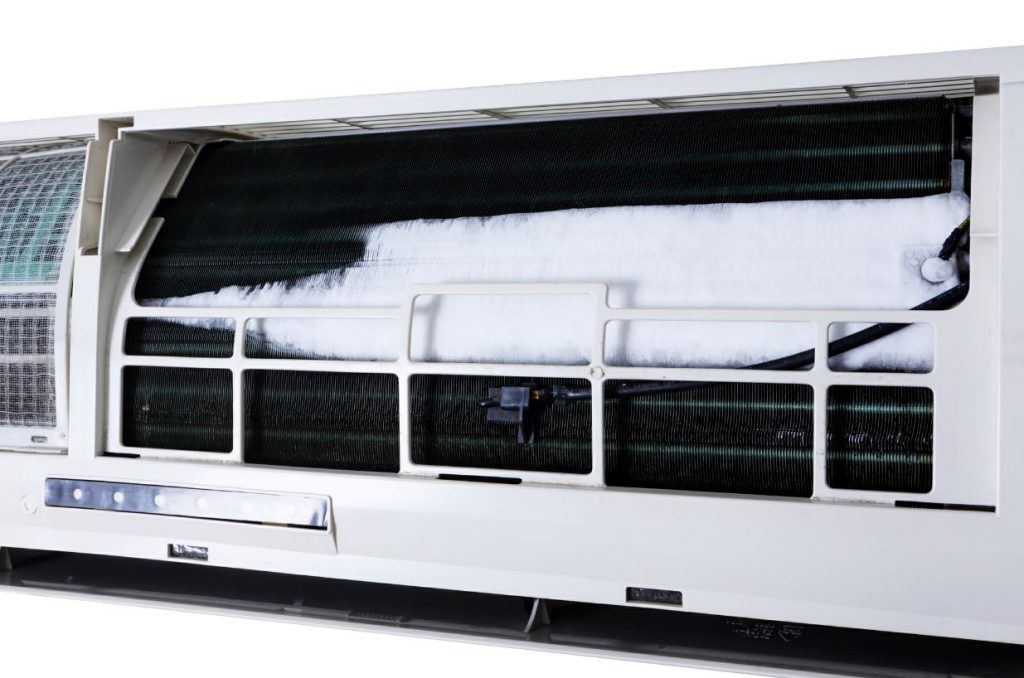
If your air conditioning runs low on refrigerant, then you’ll pay for it. There are high chances of your AC unit breaking down and also increasing your monthly electricity bills. The refrigerant is probably the most crucial thing in your AC system. If it runs too low, your home won’t be adequately cooled. However, sometimes it’s not easy to detect if your air conditioning unit requires refrigerant. There are some signs that can help you address the issue as follows:
High monthly electricity bills
This is probably the easiest way to determine when your refrigerant is low. When there are high energy bills and no changes in temperature levels, there might be a refrigerant leak. The major role of a refrigerant is picking up heat and taking it outside. Low refrigerant levels will make your AC unit run longer to change the temperatures in your premises, thus translating to high energy bills. However, if you’re experiencing increased bills, it’s also essential to note that sometimes the cause might be different such as a dirty air filter or old system.
Increased humidity levels
One major duty of an AC unit is to extract humidity and cool your home. When your unit has low refrigerant levels, the evaporator coil gets affected such that condensing water vapor becomes a challenge. Therefore, the increased humidity levels from inside and outside your home make it difficult for your unit to eliminate humidity. In this case, the humidity levels will keep on rising.
Ice buildup
The presence of ice buildup in your air conditioning unit is a sign of low refrigerant levels. This results due to the decreased temperature levels on the refrigerant. You’ll notice ice buildup on both the evaporator coil and refrigerant lines. Before you conclude that the cause of ice buildup is low refrigerant levels, it’s essential to ensure your air filter isn’t dirty, and the vents are closed.
Vents blowing warm air
If your vents start blowing warm air, your AC unit might be developing some problems. However, the most common problem might be low refrigerant levels. This makes your AC unit unable to absorb heat properly in each cycle, thus blowing lukewarm air from its vents. However, before you conclude that there are low refrigerant levels, ensure the air filters are in good condition. Sometimes clogged air filters can be the cause of your system blowing less cool air.
Bubbling or hissing noise
A bubbling or hissing notice that comes from your air conditioning unit signifies that there’s a leak where the refrigerant escapes through in liquid or gaseous form. There are no other possible causes of this kind of noise in your AC unit. Therefore, any unfamiliar sound is a sign of low refrigerant levels.
Long cooling cycles
If you notice that your AC unit is taking too long to cool your home, there are high chances of low refrigerant levels. When temperatures are pretty high, your AC system will overwork, thereby causing increased bills.
In conclusion, these are signs of low refrigerant levels in your air conditioning unit. When you observe any of these signs, call a professional to inspect your AC and fix the issue
Having problems with your AC? Call North NJ HVAC on (908) 845-8496
